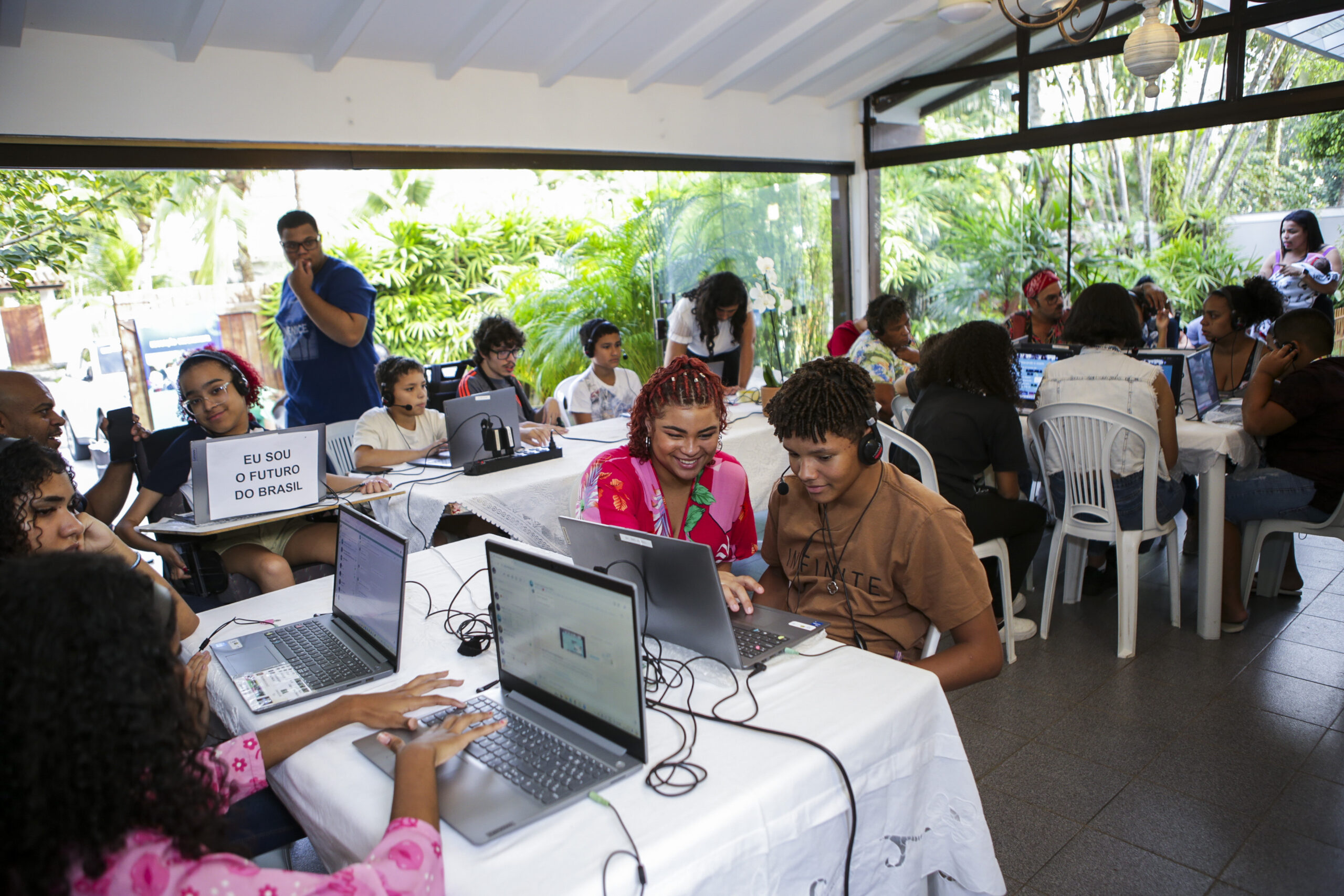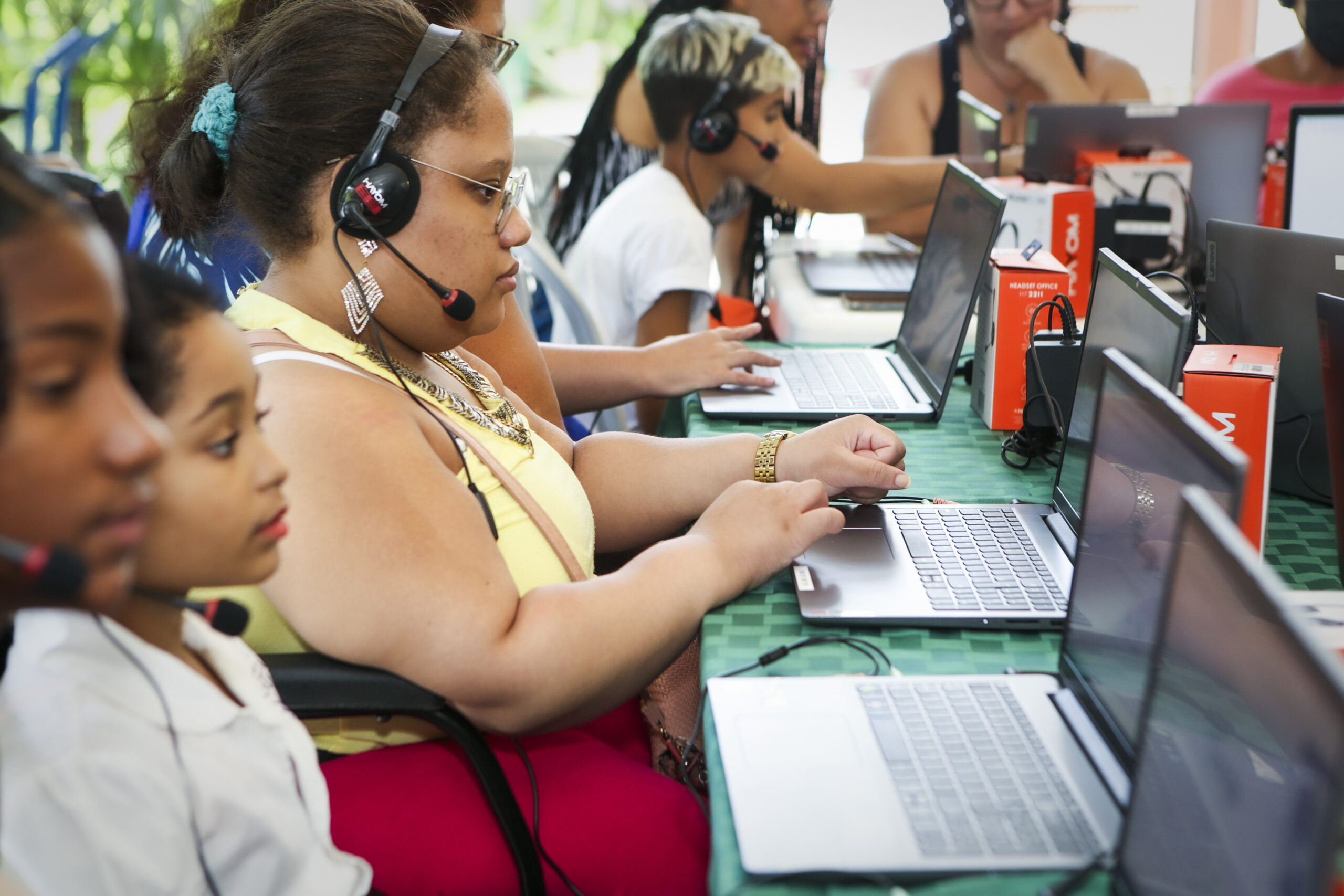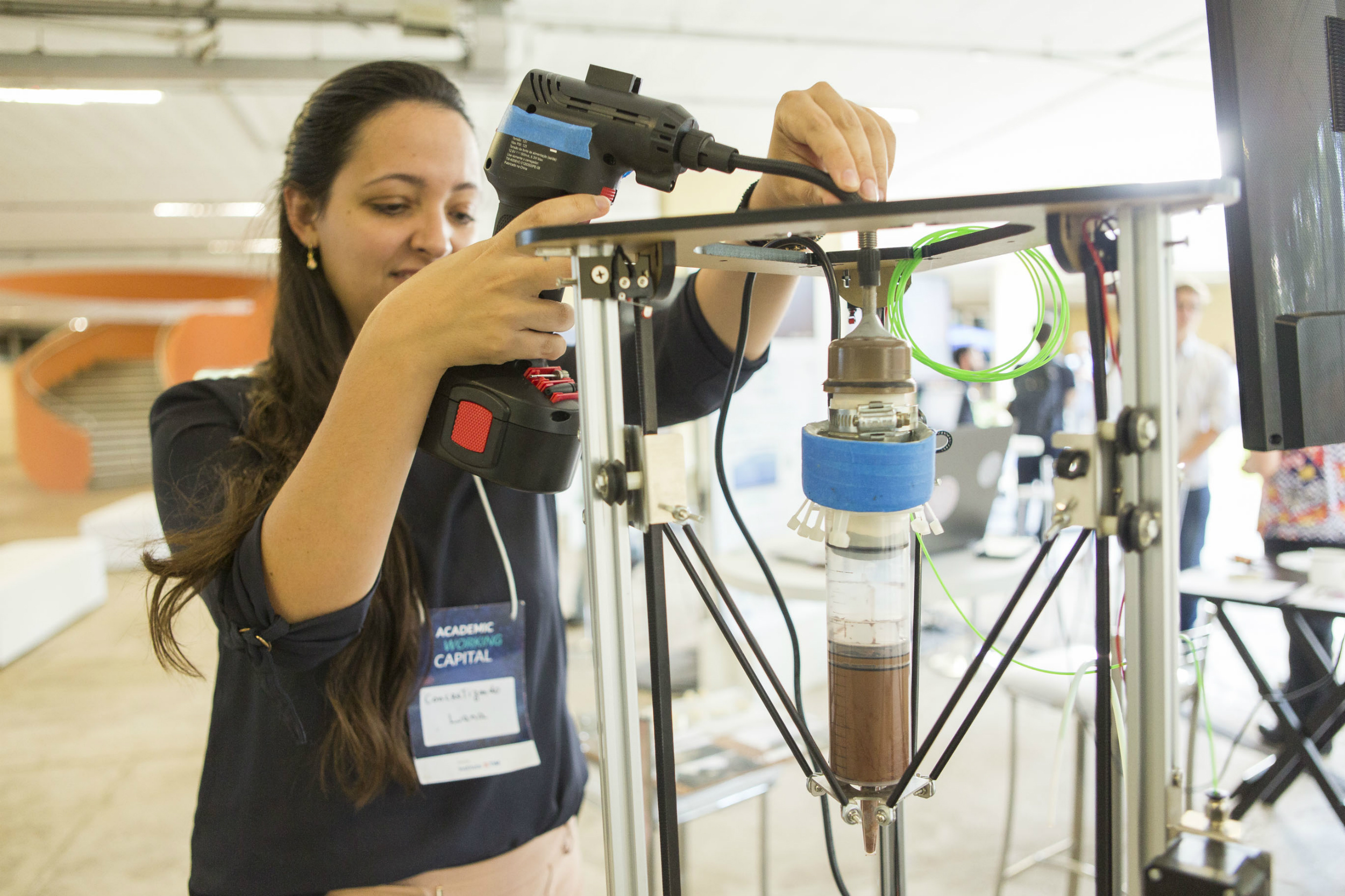A study shows the pandemic impact on teachers’ mental health and well-being

A research promoted by Instituto TIM, through the “O Círculo da Matemática no Brasil” project, sought to identify how the mental health of teachers is doing and what were the impacts of Covid-19 on the well-being of these professionals. Almost 70% of the interviewed teachers reported difficulties in adapting to remote classes, but the pandemic brought up a feeling of more efficiency and optimism regarding their career.
Elementary school teachers were heard in different states of Brazil, both from public and private institutions, between January and November 2020. Almost 80% of them work in the most economically vulnerable neighborhoods, giving an average of 30 hours of classes per week to about 28 students per class. A quarter of the respondents work in two or more schools and 24% are engaged in other activities to supplement their income.
The study found that the classroom environment is much more harmful to teachers’ mental health, despite the conditions for remote work being adverse – 66.4% of respondents reported difficulties in adapting, 58% said they were unable to teach classes at home without noise or interruptions and 78% had problems with insomnia or excessive sleepiness.
Conflicts in the classes and violence in the locations where the schools are located were pointed out as the main negative factors of face-to-face work. In the survey, 64% of the teachers answered that they had already witnessed physical or verbal aggression against teachers or employees by students. Another 72% reported having witnessed fights between students.
Therefore, even with the difficulties of adapting to the new format of digital classes, one of the conclusions of the survey is that the pandemic brought a breather to the mental well-being of those who teach. As a consequence, there was an increase in teachers’ sense of self-efficacy during the pandemic and optimism regarding their career. About 45% of respondents saw possibilities for development and promotions. More than 80% of teachers believe that their qualifications will remain valid in the future.
“We were already developing this study on teachers’ mental health and with Covid-19 we evaluated the collected results and ran a new round of questionnaires to understand the effects of the pandemic. Remote education brought difficulties, but the teachers were already psychologically exhausted long before the crisis”, explains economist Flavio Comim, professor at IQS School of Management (Barcelona) and the University of Cambridge, responsible for research and one of the creators of the “O Círculo da Matemática no Brasil” project.






































































































